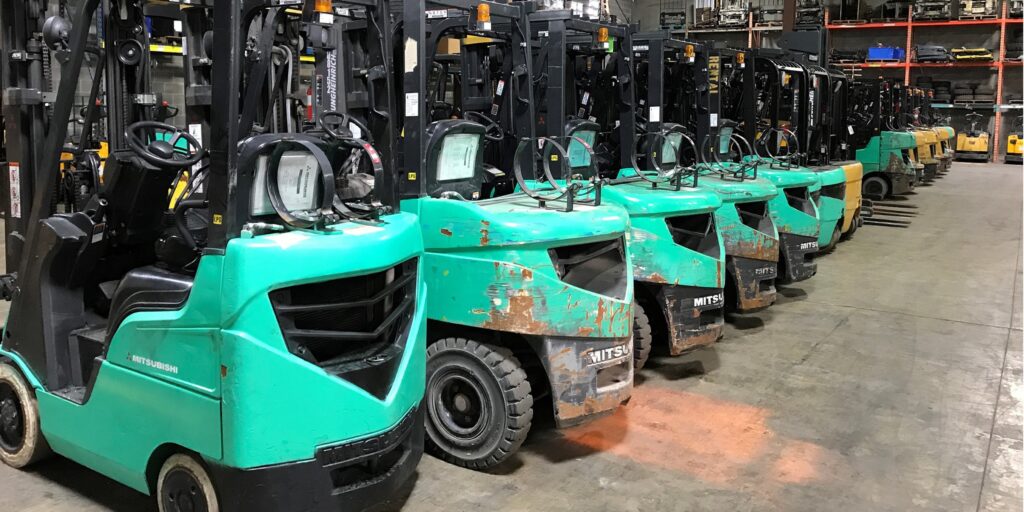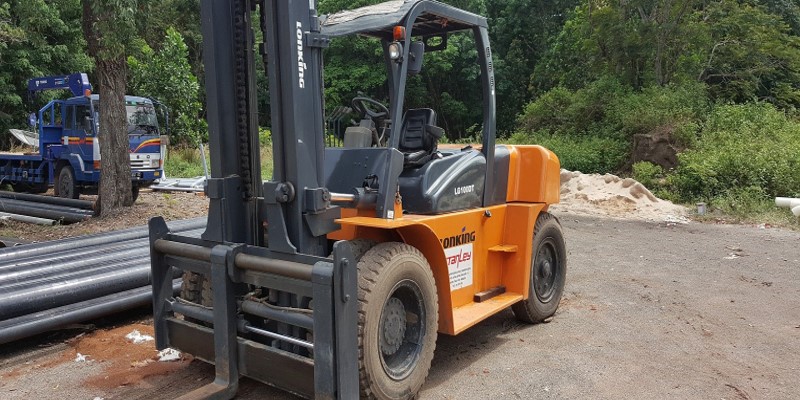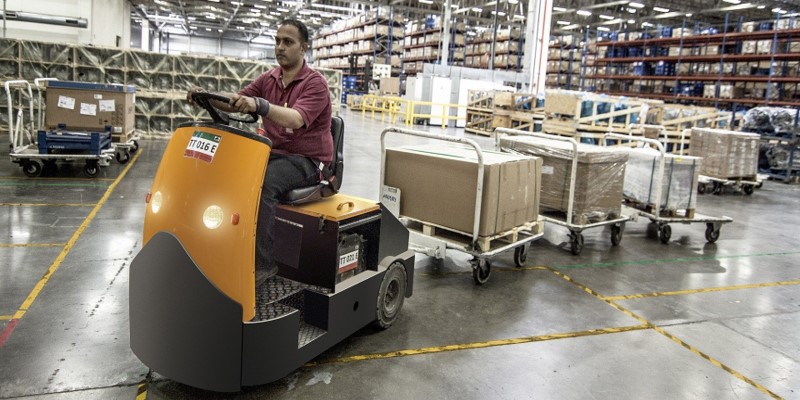A Guide For Buying A Forklift
How to Buy a Forklift
Buying a forklift can feel like a minefield at times. Which truck do I need? Which fuel type should I go for? What is LOLER & why does it matter? Fortunately, here at Trucks Direct we’ve put together this handy guide to give you tips & pointers on how to buy either a new or used forklift.

Picking the Right Truck for Your Needs
When you go to buy a forklift, most salespeople will do their best to convince you that you’re desperately in need of the brand new, top-of-the-range forklift with all the bells and whistles, that also conveniently costs the most! However, what the salesman pedals you may not actually be the right thing for you. When buying a forklift, you need to consider several aspects that will determine what sort of truck you need. Firstly, you need to consider the size of the space you intend to use the forklift in. If you get one too big, it will slow labour down & cause problems, while one too small will be inefficient & cause a drop in productivity. So you should consider the following:
- 1. How big is the size of the space?
- 2. How high does the forklift need to be able to reach?
- 3. Who do I want to be able to operate it?
With answers to these questions, you’ll have an idea in mind of what you’re looking for. For example, if you’re looking for something small, that doesn’t go too high & that anyone can operate, then you’re probably looking for something like a pump truck. Make sure to complete this first step before you start looking seriously at buying a forklift.
Choosing the Fuel Type to Suit Your Space
The next decision you need to consider is what sort of fuel type is right for your workspace. When it comes to fuel types, you have several options. There are the traditional fuel types such as diesel & petrol, along with push trucks. However, there is also a new option available, electric forklifts. With a variety of options available for fuel types, the choice over which one to go for can be decided by looking at where you intend to use it. For example, if you’re working inside, an electric forklift may be best so there aren’t any emission fumes, whereas if the majority of your work is outside, it would be better to opt for a petrol or diesel truck, as they tend to be better rated for outside use. After you’ve decided on fuel types & you’ve got an idea of what sort of truck you need, you’re definitely on the right track to buying a forklift!

LOLER
While looking at forklifts, you may see the word LOLER written around a lot, and different sellers saying things such as ‘12 months LOLER supplied’ on posts selling forklifts. But you may be wondering, what is LOLER, why does it matter & what does LOLER even stand for? Fortunately, this part of this blog will answer all of your questions about it!
Lifting Operations and Lifting Equipment Regulations or LOLER is a set of government regulations, set out to ensure that forklifts are operated safely, similar to an MOT for a car. However, LOLER regulations are a bit more complex than your regular MOT checklist. LOLER regulations put responsibility on both those who own and operate lifting equipment, and breaking those regulations can lead to severe consequences for both the operator and the owner. For further details about LOLER, read this article from the Health & Safety Executive (HSE), before buying a forklift for yourself.
The Finer Details
After you’ve sorted out the bigger details, there are a few other finer details you should consider. These include:
- Weight limits (if you’re wanting to move heavier items, you’ll need a higher rated truck)
- Tyre type
- Lifting height
- Type of motor
- Operator Ergonomics.
Some of these, such as lifting heights, are dependent on what you intend to use the forklift for, while others, such as operator ergonomics, are personal choices by you. However, make sure to consider all of these before buying a forklift.

Buying a forklift, either new or used, isn’t too dissimilar to buying a car. There are lots of things to consider, from its intended use to the fuel type, you have quite a few options available to you. As such, it’s always worth spending some extra time to make sure that you’re getting the right one for your use, especially if you’re getting a brand new one. However, for those who don’t want or cannot buy a brand new one, getting a used forklift is just as good as getting a brand new one, especially if you get one from a reputable provider. If, after reading this article, you are considering buying a forklift, then why not check out our range of new & used forklifts today?
